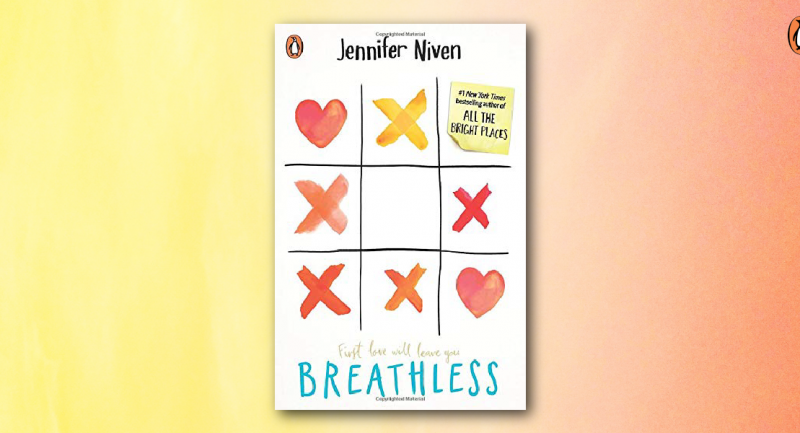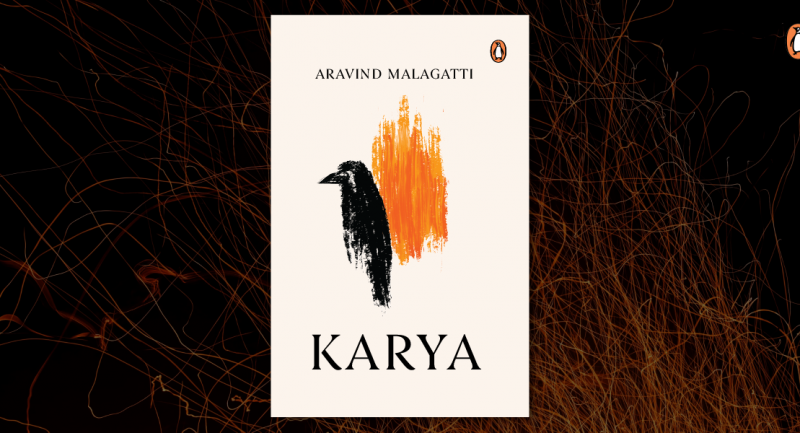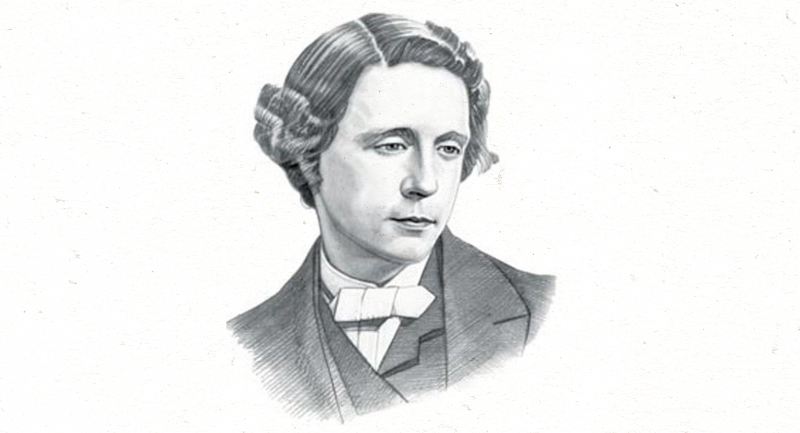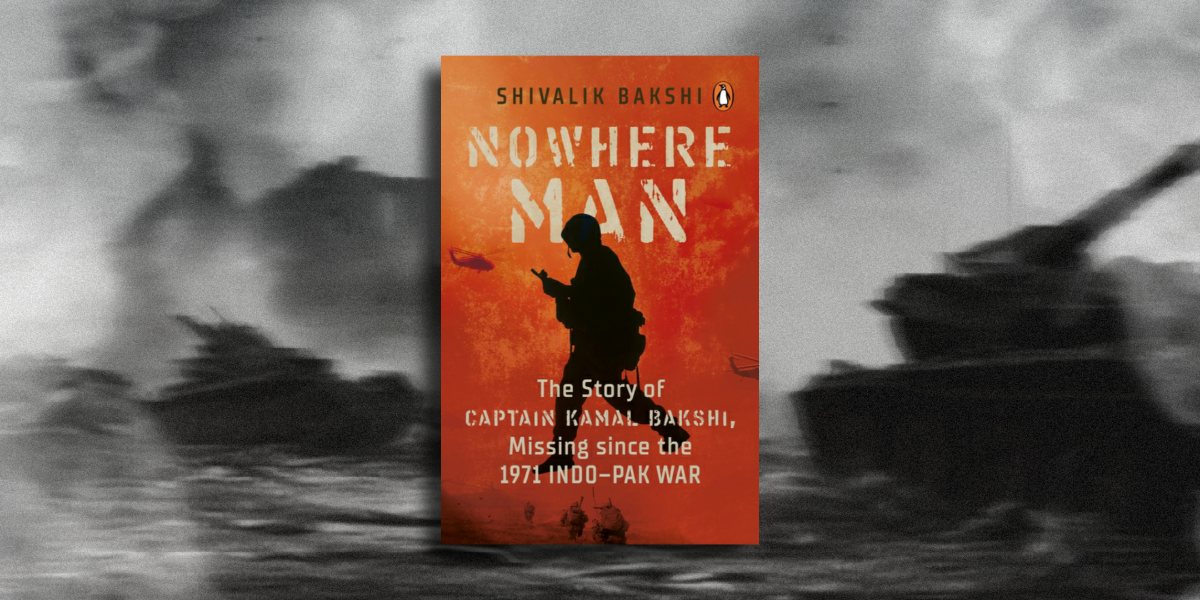
In the pages of Nowhere Man by Shivalik Bakshi, a profound and urgent story awaits. This is not just a book, it is a call to action, a heartfelt plea to uncover the truth and shed light on the story of Captain Kamal Bakshi who fought in the 1971 Indo-Pak War and went missing at the mere age of 25, after 4 days of intense fighting. His family received clues & evidence in the form of letters from Pakistan over the years indicating that he was alive. However, he was never retrieved.
Captain Kamal Bakshi’s story reminds us of the trials and tribulations he suffered, his courage, and his ultimate sacrifice in service of the nation and we must come together on a yielding quest for justice and give the Nowhere Man the respect he deserves.
Read this exclusive account unveiling the intricate timeline and clues gathered throughout the years that hinted at Captain Kamal Bakshi’s presence in Pakistan.
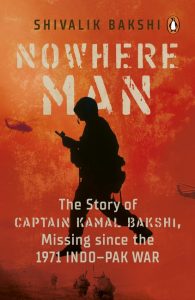
Nowhere Man
Shivalik Bakshi
***
A Timeline of POW Negotiations and Sightings
16 December 1971 – Cease Fire Declared
26 December 1971
India Weighs Bengali Pleas to Try Pak Officials – New York Times
Author’s Comments: India found itself between a rock and a hard place immediately after the war ended: on one hand, Bangladesh was demanding that it hand over Pakistani soldiers accused of war crimes. On the other hand, it did not want to anger Pakistan as there was a long list of items that needed to be negotiated with the Pakistanis, including the fate of Indian POWs in Pakistani custody.
9 January 1972
India and Pakistan Submit List of POWs- International Review of the Red Cross, February 1972
Author’s Comments: We now know that Pakistani authorities submitted an incomplete list of Indian POWs to the Red Cross. As for why they did it, the obvious answer was to use the Indian POWs as bargaining chips in case India handed over some Pakistani POWs to the Bangladeshis for war crimes trials.
18 March 1972
India Opens Way for Dacca Trials- New York Times
Author’s Comments: Pakistani officials could have used this news as further justification for withholding names of Indian POWs from the list they handed to the Red Cross two months earlier.
30 March 1972
Bangladesh Will Try 1,100 Pakistanis- New York Times
Author’s Comments: Now that we know for certain that Pakistani officials withheld names of some Indian POWs, A statement from Prime Minister Zulfikar Bhutto raises a troubling question: What exactly did he mean by ‘point of no return’? Was he referring to the return of Indian POWs whose names were withheld from the Red Cross?
14 June 1972
India to Deliver 150 POWs to Bangladesh to Face Trial- New York Times
Author’s Comments: India made a statement a couple of weeks before Pakistani President Bhutto was to arrive in Simla to begin negotiation talks. It probably did so to increase pressure on Bhutto to come to a settlement. However, once again, Pakistani officials probably saw this as justification for holding back names of some Indian POWs.
29 July 1972
India Ratifies Pakistan Pact- New York Times
Author’s Comments: Also called the Simla Agreement, this pact was a peace treaty between India and Pakistan, and set the framework around which further negotiations were to take place to resolve all open issues, including POW repatriation. In hindsight, this was another missed opportunity for India to ensure all its POWs were accounted for before signing this agreement.
29 November 1972
POWs to Be Freed Friday- New York Times
Author’s Comments: This exchange was only for prisoners of the western front. Captain Kamal Bakshi should have been a part of this exchange.
31 January 1973
90,000 Prisoners- New York Times
Author’s Comments: This is referring to the Pakistani prisoners of war captured in East Pakistan (now called Bangladesh)
7 April 1974
India Talks Hinge on POW Issue- New York Times
Author’s Comments: This news, once again, shows that the fate of Pakistani POWs accused of war crimes was the central issue of postwar negotiations. And once again, Pakistani officials would have used this as justification for their decision to withhold names of some Indian POWs from the list they handed over to the Red Cross after the war.
10 April 1974
India, Bangladesh and Pakistan End Prisoner Dispute- – New York Times
Author’s Comments: This is the moment the fate of the missing Indian POWs was sealed. Indian officials did not have any leverage for negotiating their release after this point.
1 May 1974
India Completes Return of Pakistani Prisoners- New York Times
Author’s Comments: This was Pakistan’s opportunity to come clean. With all their POWs freed, they could have easily released the Indians they had held back. Unfortunately, they chose not to, as the following events make clear.
7 December 1974
First letter from Major Ashok Suri to his father, R.S. Suri
Text on slip:
‘I am okay here’ Text on note: ‘Sahib, valaikumsalam. I cannot meet you in person. Your son is alive and he is in Pakistan. I could only bring this slip, which I am sending you. Now going back to Pak.
-M Abdul Hamid.’
Author’s Comments: At least one honourable Pakistani citizen named M. Abdul Hamid (likely an alias) believed that it was wrong for Pakistan to keep holding Indian POWs after India had returned all remaining Pakistani POWs earlier that year.
13 June 1975
Second letter from Major Ashok Suri to his father, R.S. Suri
‘Dear Daddy. Ashok touches thy feet to get a benediction. I am quite OK here. Please try to contact Indian Army or Govt of India about us. We are 20 officers here. Don’t worry about me. Pay my regards to everybody at home, especially mummy, grandfather. Indian Govt can contact Pakistan Govt for our freedom. Your loving son.
-A.Kumar Suri
Author’s Comments: Clear proof that at least twenty Indian military officers were being detained in Pakistan after India had released all Pakistani POWs. It is also interesting to note that the letter originated in Karachi, and not some city in the hinterland of Pakistan, where it would have been easier to keep the POWs hidden. Sometime between 1972 and 1974, Inspector General of the Border Security Force Ashwini Kumar had learnt from his contacts in Pakistan that some Indian POWs were being detained secretly, outside the purview of Red Cross officials, in prisons on the Pakistan-Afghanistan border. Why would Pakistani officials shift them from a remote location on the Afghan border to Karachi which lies on the Arabian Sea coast? Were they trying to ship the men out of the country by sea?
1976-77- At least three Indian POWs transferred by sea from Pakistan to Oman
12 April 1979– The Government of India releases a list of names of Indian military personnel still believed to be in Pakistani custody. Included in the list is Captain Kamal Bakshi.
1980 onwards- Several civilian prisoners repatriated to India mention meeting or seeing or hearing about Indian Army POWs in prisons across Pakistan.
5 July 1988- Mukhtiar Singh, a civilian prisoner repatriated to India on 5 July 1988, claims to have seen Captain Kamal Bakshi in prison in Pakistan.
23 September 2012- Television news report about the existence of an Indian POW in a prison in Oman. Sepoy Jaspal Singh told the carpenter that he and four other soldiers were imprisoned in Pakistan for five or six years before being transferred to Oman by sea. That means Jaspal and his companions were shipped to Oman in 1976 or 1977.
***
Get your copy of Nowhere Man by Shivalik Bakshi wherever books are sold.







